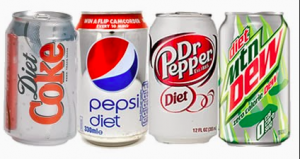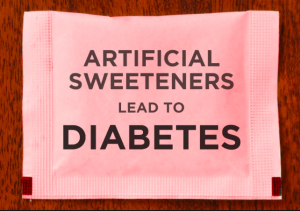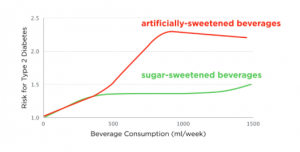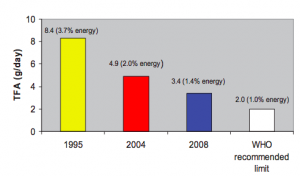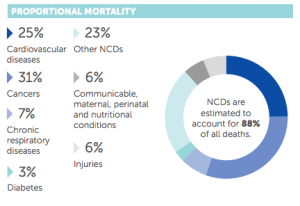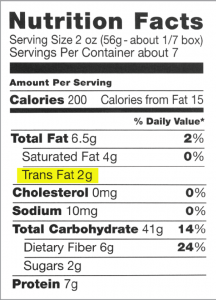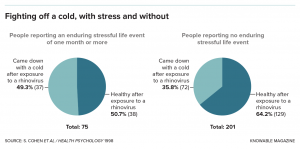A common fear among parents is the risk of their children being diagnosed with serious illnesses such as heart disease and cancer. Fortunately, a DNA tool created by Michigan State University has been shown to accurately predict people’s height and bone density. This tool could also potentially assess people’s risk for illnesses such as heart disease and cancer.

Figure1. A new tool, created by Michigan State University, capable of predicting height. Used with permission, © 2018 Science Daily.
The Potential:
This amazing tool uses an algorithm to predict human traits including height, bone density and even the level of education an individual might achieve, entirely based on one’s genome. Lead investigator of the study Stephen Hsu mentions, “This is only the beginning.” There are plans in motion to apply this tool to predict more relevant matters like heart disease, diabetes and breast cancer. These are major diseases that impact a large amount of people. Heart disease, for instance, is the second leading cause of death in Canada. About 1 in 12 Canadian adults live with diagnosed heart disease alone! Hence, this tool could greatly impact and advance healthcare. Doctors would be able to step in during the early stages of illnesses to prevent or delay them!
Creating and Testing:
Stephen Hsu and his team’s research used machine learning, where a computer learns from data, to analyze the entire genome of around 500 thousand adults in the United Kingdom. The genome’s obtained from the United Kingdom Biobank, an international resource for health information, were used to put the algorithm to work. The algorithm evaluated each individual’s DNA and taught the computer to identify unique differences. “The algorithm looks at the genetic makeup and height of each person, learns from each person, and ultimately produces a predictor that can determine how tall they are from their genome alone,” said Hsu.
The computer was able to accurately predict everyone’s height within about an inch. However, predictions for bone density and educational achievement were not as accurate. Nevertheless, they were accurate enough to identify outliers in the population who were at risk of having problems in school and low bone density, which is associated with osteoporosis.
Future Plans:
Hsu’s team plans to continue to improve the algorithm by obtaining larger, more diverse data sets for the computer to learn. This would increase the algorithm’s capability to understand and interpret the combination of genes responsible for risks against specific diseases.
With increasing technology, the bright future of healthcare is considerably closer than originally believed. “What was once thought to be 5 to 10 years out, is now a lot closer when it comes to this type of work,” Hsu mentioned.
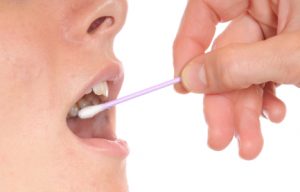
Figure 2. Collecting DNA using mouth swabs. Used with permission, © 2015 InfoLaw.
It is quite possible in the near future that a simple swab of the cheek could save families millions of dollars in treatment costs and more importantly, the lives of their children through early interventions of genetically based diseases.
Trevor Shen

